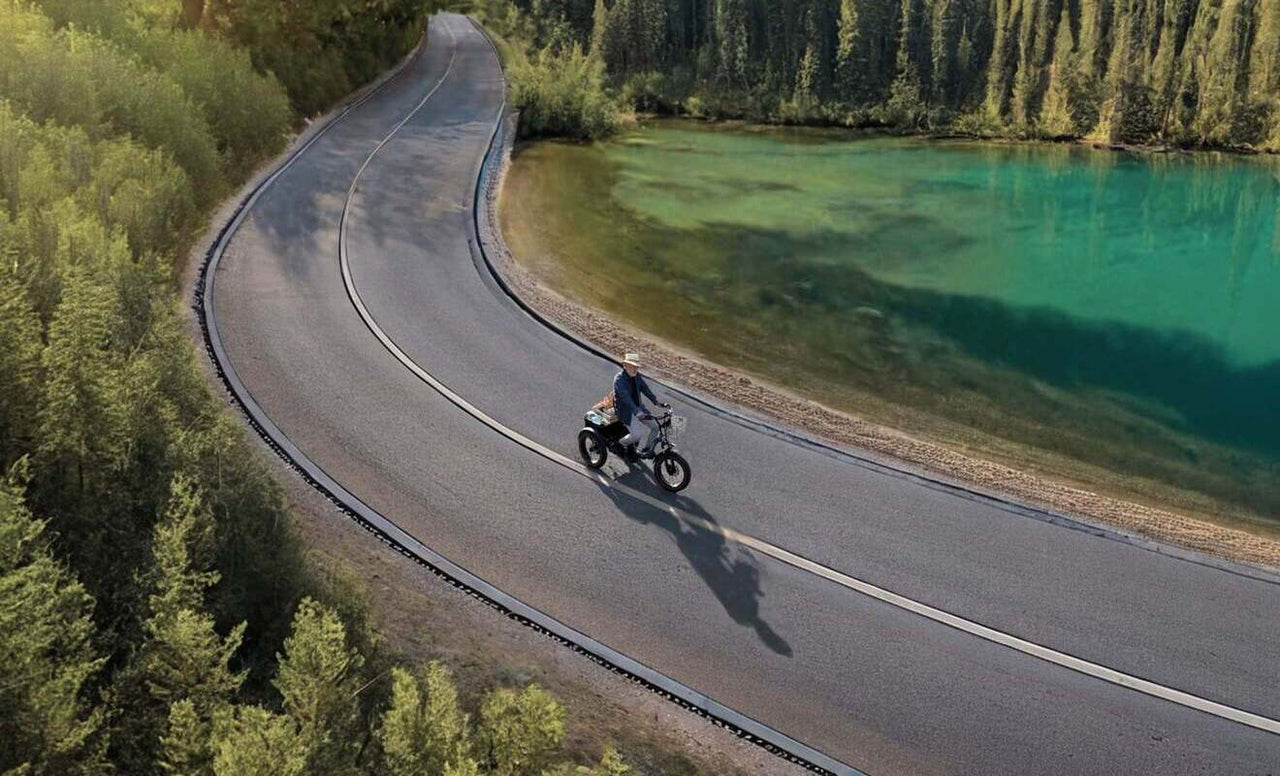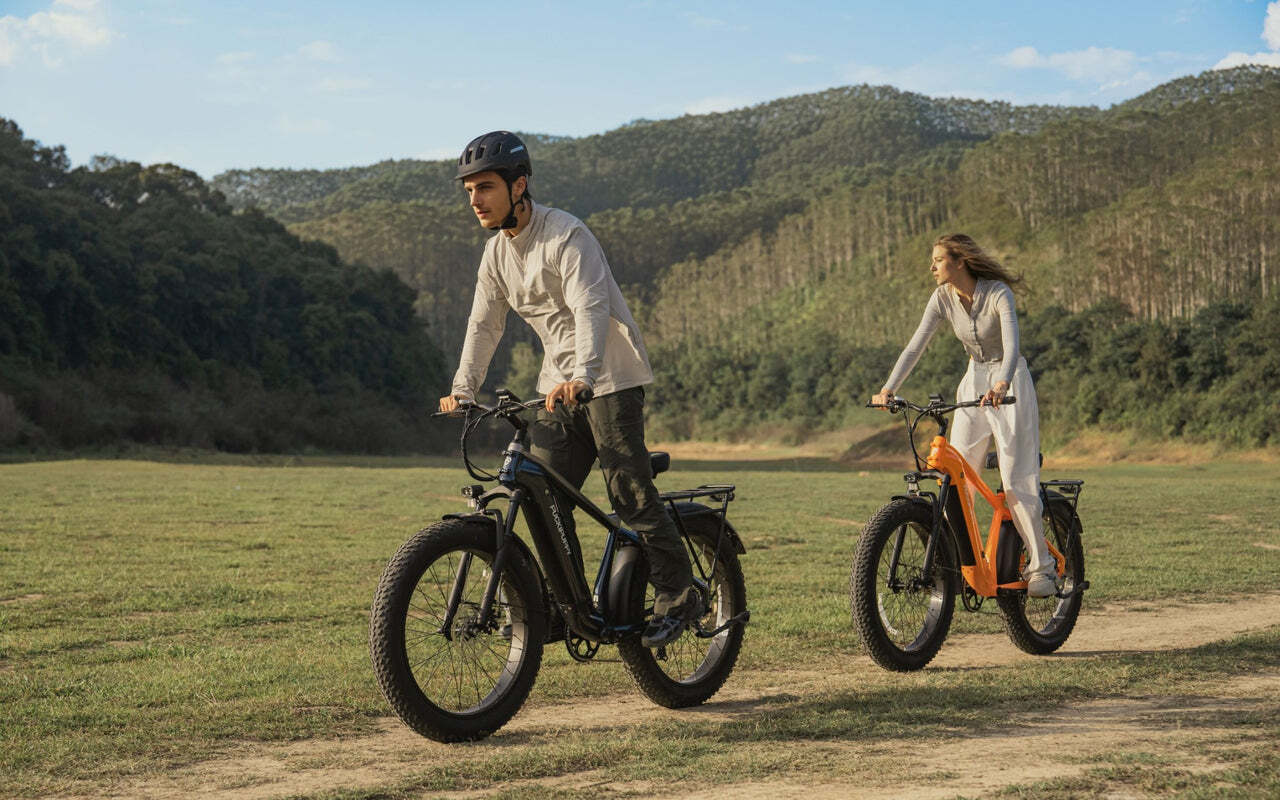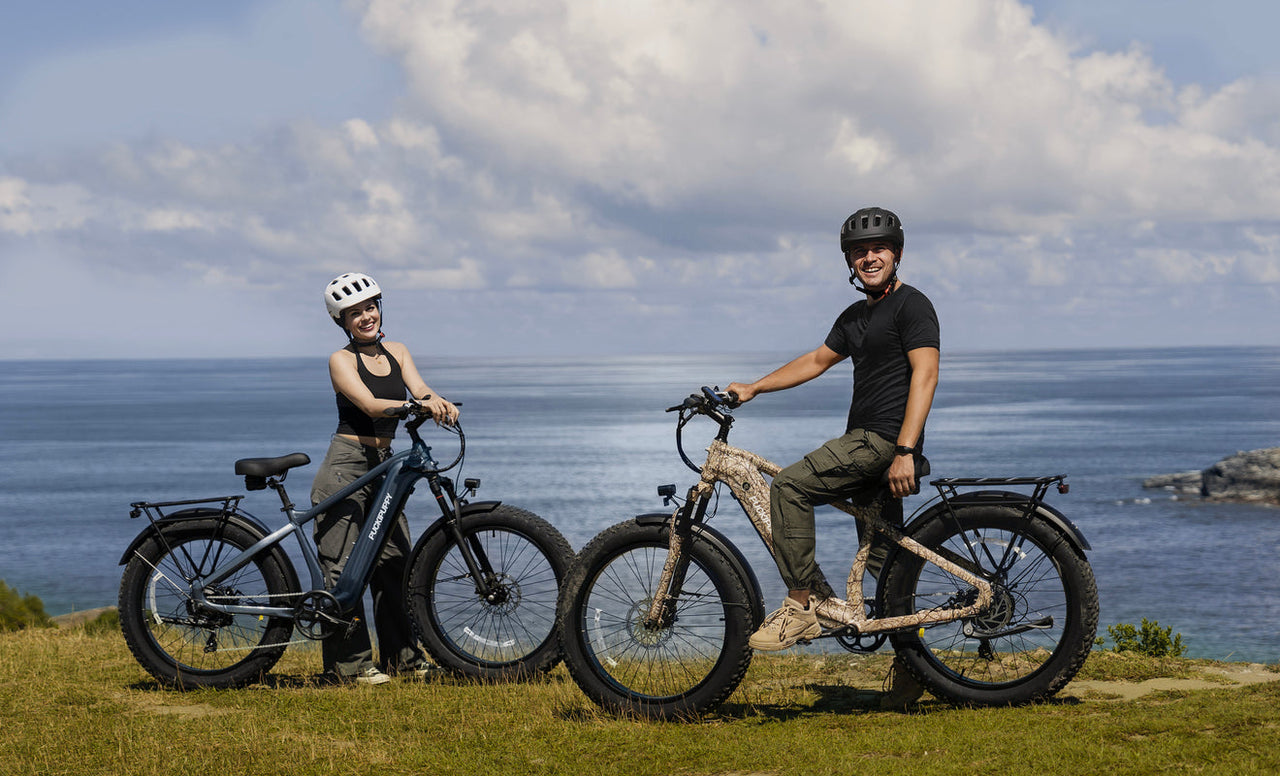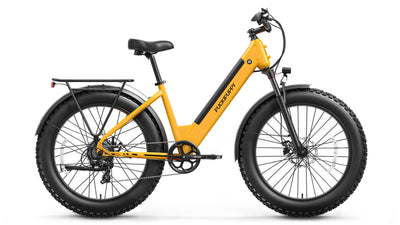 Free Shipping
Free Shipping
 15-Days Return
15-Days Return
 2-Year Warranty
2-Year Warranty
Send us a message
Have a question about something not found in our support links?
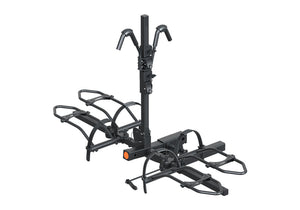
All the riding-related information you are interested in is here.

Have you ever experienced moments like these? Struggling to carry a heavy e-bike up and down stairs, left panting and out of breath. Pushing...
Have you ever experienced moments like these? Struggling to carry a heavy e-bike up and down stairs, left panting and out of breath. Pushing...

Stuck in traffic, watching the gas gauge drop, or simply wishing your commute could be a little less sweaty? You're not alone. Millions are...
Stuck in traffic, watching the gas gauge drop, or simply wishing your commute could be a little less sweaty? You're not alone. Millions are...

Since the first release of Bulldog, it has become a favorite among off-road cycling enthusiasts, known for its powerful performance and reliable build. Today,...
Since the first release of Bulldog, it has become a favorite among off-road cycling enthusiasts, known for its powerful performance and reliable build. Today,...

At Puckipuppy, we believe every ride has a story worth sharing.Remember that first duo with their four-legged co-pilot? After announcing round one, the entries...
At Puckipuppy, we believe every ride has a story worth sharing.Remember that first duo with their four-legged co-pilot? After announcing round one, the entries...

GoldenR has always been one of our most popular models, known for its dual motors and full suspension, which have earned it a strong...
GoldenR has always been one of our most popular models, known for its dual motors and full suspension, which have earned it a strong...

At Puckipuppy, we believe every fun and lively riding story deserves to be shared! That’s why we launched the "Ride With Your Pet" campaign...
At Puckipuppy, we believe every fun and lively riding story deserves to be shared! That’s why we launched the "Ride With Your Pet" campaign...
Win an Exclusive prize!
Enter your full name and email to spin the wheel for a chance to win
You have already used your spin quota
Please enter a valid email address.
You Won
Don't forget to copy your coupon code before closing.
You lose
Sample text message will be added.


